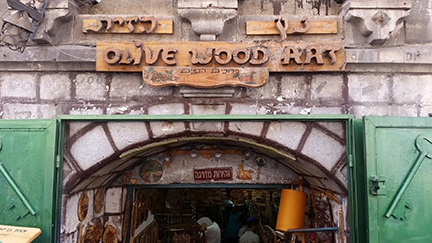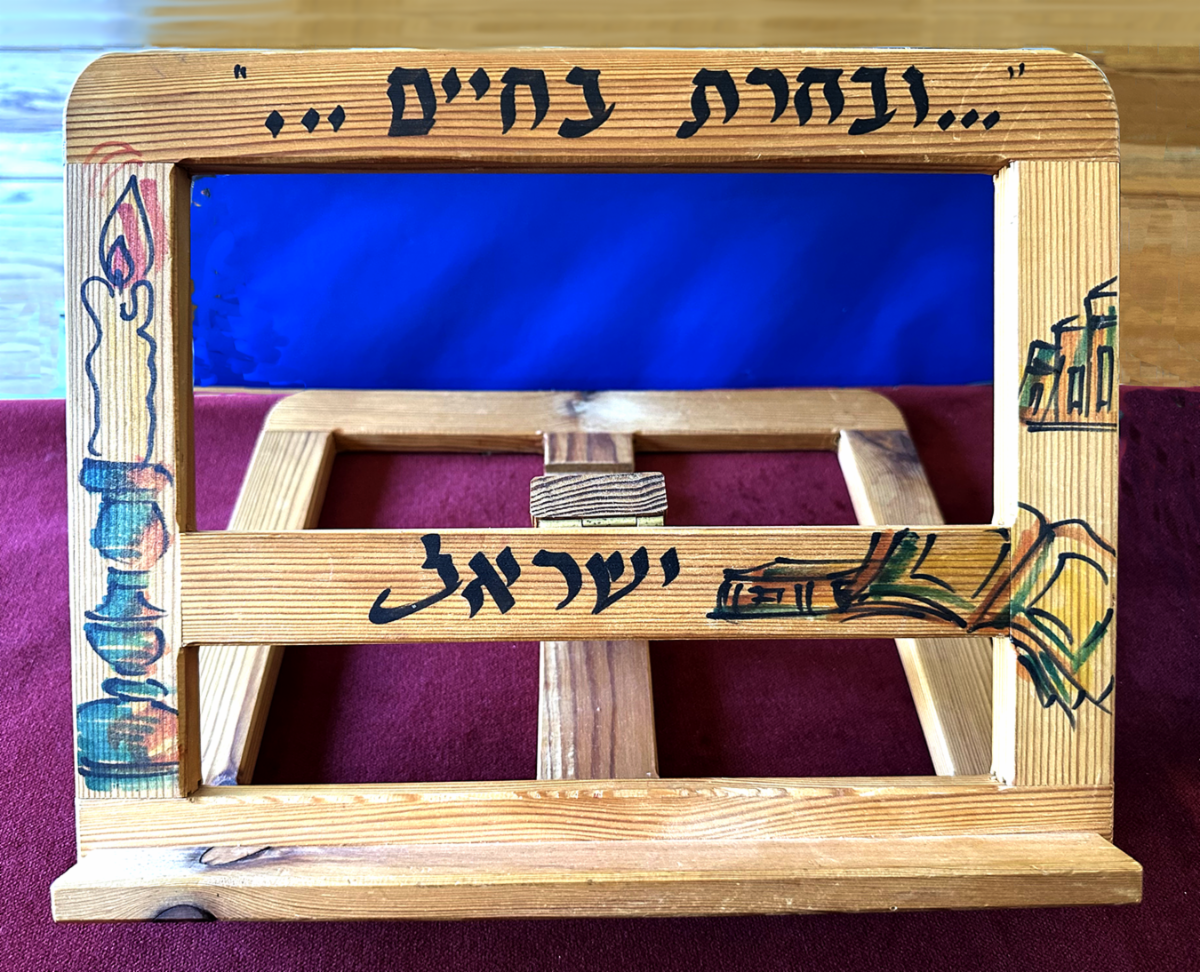The Torah's Punchline # 890
09/19/2025 05:00:00 PM
Rabbi Irwin Huberman
| Author | |
| Date Added | |
| Automatically create summary | |
| Summary |
Parashat Nitzavim
The Torah's Punchline
|
Sun, November 23 2025
3 Kislev 5786
Update this content.
Update this content.
Update this content.
Rabbi's Last 50 E-Sermons
Fighting for Kindness # 898
Friday, Nov 14 6:00pmIn Memory of Moe Bordwin # 897
Friday, Nov 7 5:00pmWhat is Zionism - Really? # 896
Friday, Oct 31 5:00pmNoah and Addiction # 895
Friday, Oct 24 6:01pmGenesis: Three Mini Sermons # 894
Friday, Oct 17 6:00pmBalancing Heaven & Earth # 893
Friday, Oct 10 6:00pmThe Rhythm of the Falling Rain # 892
Friday, Oct 3 6:00pmA Time to Return # 891
Friday, Sep 26 6:00pmThe Torah's Punchline # 890
Friday, Sep 19 5:00pmGOd's Plan - In its Time # 889
Friday, Sep 12 5:00pmForbidding Sexual Assault # 888
Friday, Sep 5 6:00pmJustice: God Mentioned it Twice #887
Friday, Aug 29 5:00pmWhat We Chose to See #886
Friday, Aug 22 5:00pmmORE THAN bREAD #885
Friday, Aug 15 5:00pmMosES AND THE pOWER OF wORDS #884
Friday, Aug 1 5:00pmAnother Birthday: The LIves WIthin our LIves #883
Friday, Jul 25 2:11pmGod and Women's Rights # 882
Friday, Jul 18 6:00pmJewish Respect for Privacy # 881
Friday, Jul 11 5:00pmThe Miser of Krakow #880
Friday, Jul 4 5:00pmKorach -- The Critic with No Answers #879
Friday, Jun 27 5:00pmEmbracing our "Weirdness" #878
Friday, Jun 20 6:00pmIsrael and Iran - No Time for "Karet" #877
Friday, Jun 13 5:00pmEvery Job is Blessed, Man #876
Friday, Jun 6 5:00pmWhich Tribe Are You? #875
Friday, May 30 5:00pmRe-balancing the rich and poor #874
Friday, May 23 5:00pmTevye: The World Changes, and We With It #873
Friday, May 16 5:00pmThe Food We Waste #872
Friday, May 9 5:00pmDoes Prayer Heal the Sick? #871
Friday, May 2 5:00pmPesach: Things I Love and Hate #870
Friday, Apr 18 5:00pmChametz of the Soul and "the Potato" #869
Friday, Apr 11 5:00pmGod is in the Drudgery #868
Friday, Apr 4 5:05pmJews and HOrns - How Did it Begin? #867
Friday, Mar 14 5:00pmAttack on the Elderly and Disabled #866
Friday, Mar 7 5:00pmBowling Alone #865
Friday, Feb 28 5:00pmHope in a Divided World #864
Friday, Feb 21 5:00pmFrom Whom Did You Learn "Your" Torah? #863
Thursday, Feb 13 10:00amThe Voice of Women #862
Friday, Feb 7 5:00pmNowhere Without our Children and Elders #861
Friday, Jan 31 5:00pmReclaiming our Voice #860
Friday, Jan 24 5:00pmWhat's in Your Hebrew Name? #859
Friday, Jan 17 5:00amVisiting the Sick: Is There a Right Time? #858
Friday, Jan 10 5:00pmDads and their Imperfect Journeys #857
Friday, Jan 3 5:00pmWhat Does "Israel" Really Mean? #856
Friday, Dec 13 5:01pmRunning From OUr Problems #855
Friday, Dec 6 3:00pmThe "R-Rated Torah"#853
Friday, Nov 22 11:39amLeaving God Behind #852
Friday, Nov 15 5:00pmYour Name Means Something #851
Friday, Nov 8 5:00pmDemocracy as a Jewish Practice #850
Friday, Nov 1 5:00pmThe Rabbi and the "Ugly" Man #849
Friday, Oct 25 5:00pmsUKKOT AND THE tENEMENTS #848
Friday, Oct 18 5:00pmUpdate this content.
CONGREGATION TIFERETH ISRAEL

40 Hill Street & Landing Road
Glen Cove, NY 11542
OFFICE@CTIONLINE.ORG | (516) 676-5080 | Fax: (516) 759-1905
Privacy Settings | Privacy Policy | Member Terms
©2025 All rights reserved. Find out more about ShulCloud



